Dr Simon Thompson, Associate Professor of Clinical Psychology and Neuropsychology, and Professor Siamak Noroozi, Chair of Advanced Technology, both of the Faculty of Science & Technology, have been awarded the BU Fully Funded PhD Studentship to improve the design and fitting procedure of prosthetic eyes in children with retinoblastoma. It will involve an exploration of skill-based and technology-based procedures to achieve psychological and technological recommendations for the National Health Service.
Retinoblastoma is a disease close to home. My daughter was diagnosed at only 9 months old which resulted in losing one of her eyes to cancer. Thankfully, nearly 2 years on, she is cancer-free and developing healthily like any other child and thanks to the care of the Royal London Hospital/St Bartholomew’s Hospital.
Like a number of parents who have faced adversity through their children, it has changed my perspective on life considerably. When presented with a new and different type of challenge last week, I could not resist. On 1st March, I was invited to raise money for Children with Cancer, by abseiling the Spinnaker Tower in Gunwharf Quays, Portsmouth. This was a rather daunting challenge as I had never climbed or abseiled before and was not particularly keen on heights.
Soaring 170 metres above Portsmouth Harbour and the Solent, the Spinnaker Tower is taller than the London Eye, Blackpool Tower and Big Ben and has already established itself as a national icon.
The moment I took my second hand off the railings of the safety deck, I felt the immensity of the height and the distance below me. I thought if my daughter can get through cancer, then I can get through this. Luckily, it was a brilliant day and the ropes proved helpful. Looking up at the Tower the next day, I could not quite believe what I had achieved.
The research we are conducting is crucial to those affected by retinoblastoma. Prosthetics are fitted to the range of age groups and also for reasons other than cancers, including facial injuries and maxillofacial diseases. Therefore, it is important to produce guidelines on good fitting and manufacture for the benefit of patients. Recruitment to the project begins in April this year.
Anyone wishing to sponsor the abseil event is invited to send their payments, payable to Children with Cancer, to Dr Thompson or directly to the Charity.
http://www.childrenwithcancer.org.uk/Appeal/donate









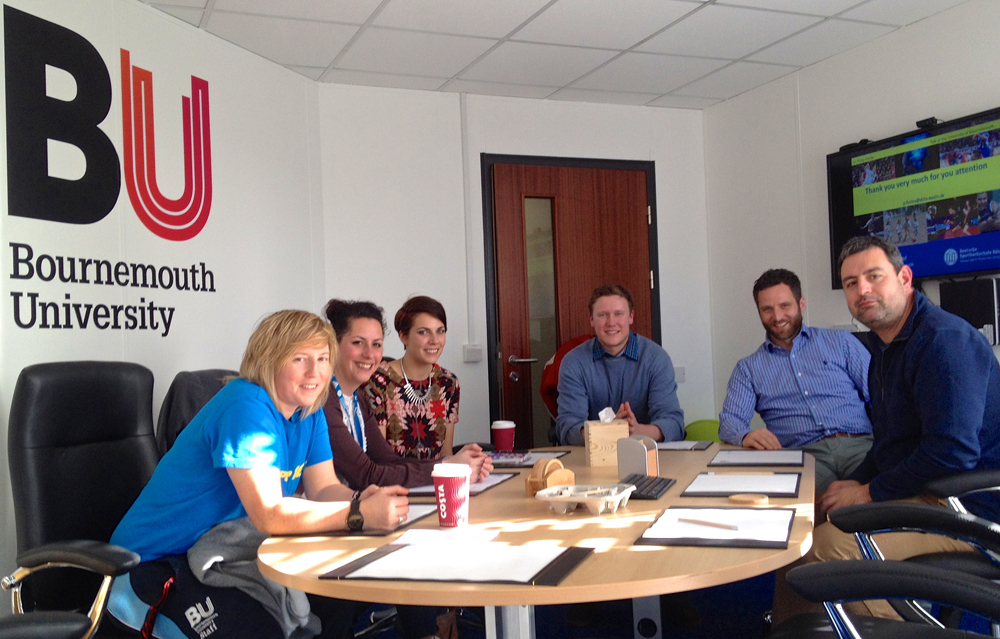
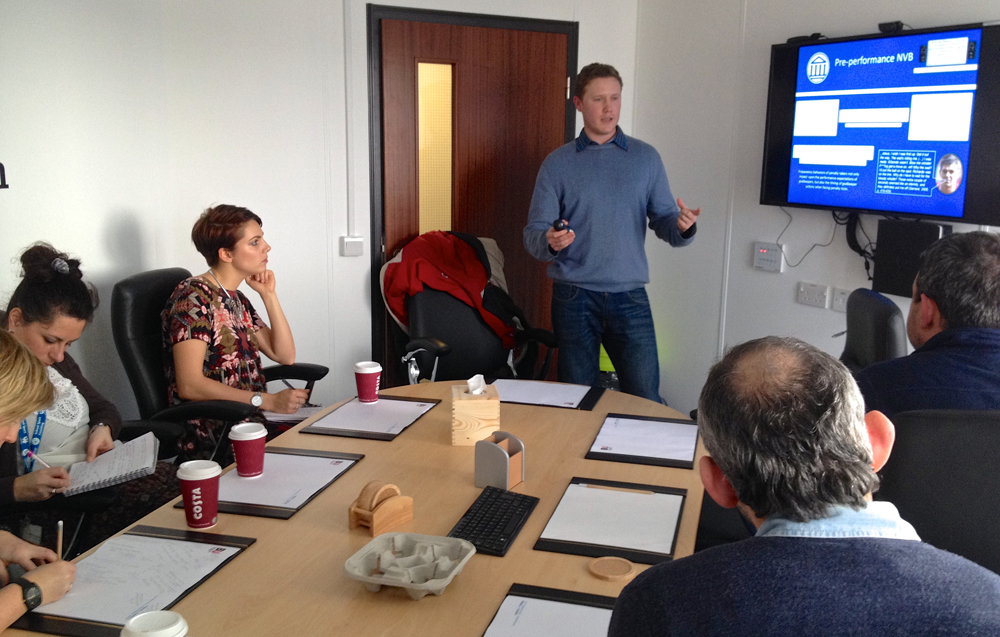
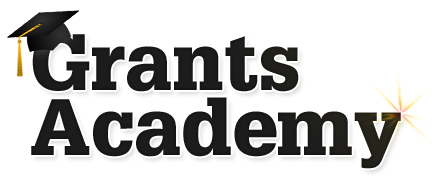
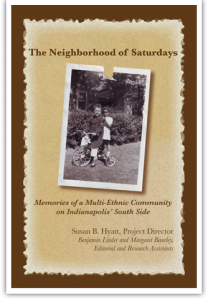
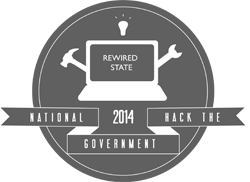

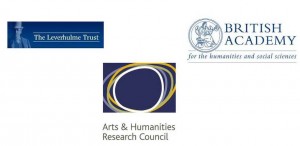















 BU Professor has been invited to a series of plenary and invited lectures.
BU Professor has been invited to a series of plenary and invited lectures. Research reaching non-academic audiences
Research reaching non-academic audiences April’s Café Scientifique – Should we help machines understand and respond to our emotions?
April’s Café Scientifique – Should we help machines understand and respond to our emotions? Postgraduate Research Experience Survey (PRES) 2024 – 2 WEEKS LEFT
Postgraduate Research Experience Survey (PRES) 2024 – 2 WEEKS LEFT Working with The Conversation: online training session – Wednesday 8th May
Working with The Conversation: online training session – Wednesday 8th May Apply for up to £1,000 to deliver an event and take part in a national festival of public engagement with research
Apply for up to £1,000 to deliver an event and take part in a national festival of public engagement with research MSCA Postdoctoral Fellowships 2024
MSCA Postdoctoral Fellowships 2024 Horizon Europe News – December 2023
Horizon Europe News – December 2023